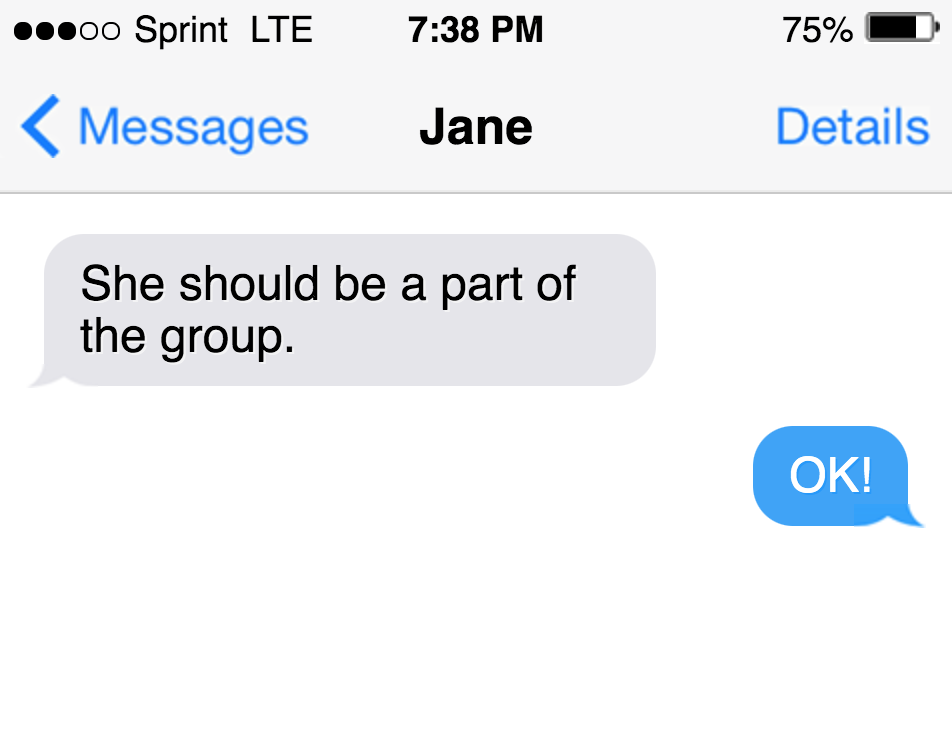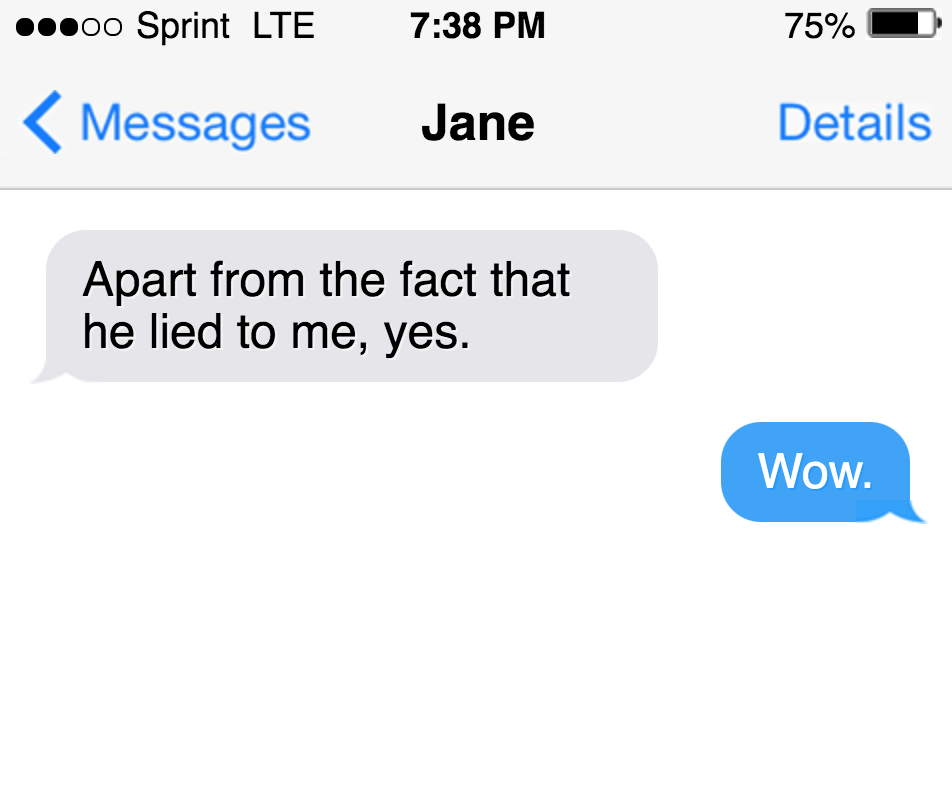Is it a part or apart? What’s the difference between these two words? While they may seem very close, they are entirely different. In fact, that small space between “part” and the letter “a” can produce an entirely different meaning for writing.
Learn what “apart” vs. “a part” mean in this short guide…
“A part” meaning
“A part” is simply a phrase that’s derived from the root word of “part.” Merriam-Webster defines “part” as, “a piece or segment of something such as an object, activity, or period of time, which combined with other pieces makes up the whole.”
When thinking about the noun phrase “a part,” consider something that is together. For example, “A part of a car.” In that sentence, the noun phrase “a part” is easier to use because it refers to a separated part of a vehicle that is connected to the vehicle.

Synonyms
The synonyms for “a part” are the synonyms for “part.” When referring to something as “a part,” it means that it is combined. Or part of the same thing. For example, “I am part of the larger group.”
Synonyms include:
- Bit
- Slice
- Chunk
- Wedge
- Segment
- Lump
- Portion
Sentence examples
Here are sentence examples for “a part.”
“I would like to be a part of a larger group of professional writers.”
“It would be great to be a part of the entire group of professionals working on the project.”
“To play a part in a play on Broadway in New York City.”

“Apart” definition
As an adverb, “apart” means something in reference is “not together.” Instead, “in pieces.” Merriam-Webster defines “apart” as, “separated by a distance; at a specified distance from each other in time or space.” They are away from each other. Or distance from each other.
Synonyms
Synonyms for “apart” include:
- To one side
- Aside
- To the side
- Alone
- Distant
Sentence examples
“I’m apart from the rest of the class at this moment. I will return soon.”
“It was apart from the rest of the group. Making it isolated and alone.”
“We need to spend time apart from each other in order to get clarity.”
Difference between “apart” and “a part”
The two words have very different meanings. With “a part” meaning to be connected and “apart” meaning to be disconnected, these two words mean the complete opposite of each other.
To become a better writer, it’s important to understand the difference between these two words. When we refer to something that a smaller portion of a larger group, it means that is “a part” of something.
For example, a car part. It means that the part is away from the connected vehicle. Or, the two things are separated. “A part” is described in isolation.
In contrast, “apart” makes sense. It is something connected and not separate. When we say, “The two parts are apart from each other.” Then “apart” means separately.

When referring to a group
If referring to someone that is part of a group of people, then apart vs. a part starts to make sense. In a group setting, is it “apart” or “a part?” Let’s break it down.
Incorrect spelling and grammar: “My son is apart of the basketball team.”
In this sentence, this is a father speaking about their son. The grammar is incorrect because it uses the word “apart” rather than “a part.” This would indicate that their son is isolated from the basketball team when they are trying to contextually describe their son being part of the team.
Correct version: “My son is a part of the basketball team.”
“A part” and “apart” aren’t typically seen in the same sentences.
How to remember to use “apart” vs. “a part”
There is a simple trick to remembering which correct word to use when writing Modern English.
“Apart” is usually followed by the word “from.” While “A part” is usually followed by the word “of.”
Examples:
“I was apart from the others in the group.”
“The book club was a part of a larger organization that met on a regular basis.”
“She was apart from her parents for a long time and felt home sick.”
“He was a part of the basketball team in high school. It gave him a great deal of experience.”
In these examples, we can see that it starts to make sense. When “from” or “of” are used in writing, then it indicates which word to use to follow correct grammar. Remember that “apart” means separated, while “a part” means together.
The preposition word “of” indicates whether or not the writer should use one word or two. When referring to two or more people, remember to use “a part,” since it refers to a grouping of people. Or a singular piece of a greater whole.
Another example is, “He was a part of the team in his freshman year.”
Example sentences
Here are more example sentences:
“My dog is a part of a wild group of animals that roams the city at night.”
“I’m able to be apart from my family for extended periods. Although, I begin to get sad and need to come home.”
Apart can get used as an adjective, meaning something is “isolated.” In the above examples, we are referring to someone who is not in the company of their family any longer. Meaning they are “separate” from their family.
What about “to be a part?”
When describing something as “a part” or “apart,” they carry the same meanings when followed by their respective words “of” or “from.”
For example, “I want to be a part of the crowd.” In this sentence, the person is describing themselves as wanting to be connected with the greater group.
In contrast, we could say, “I want to apart from the crowd.” This means that the person would like to be distant from the rest of the crowd.
Sources
- Apart Definition & Meaning – Merriam-Webster
- Noun Phrases: Definition, Purpose and Use – YourDictionary
- Part Definition & Meaning – Merriam-Webster
- Apart from or except for ? – English Grammar Today
Inside this article
Fact checked:
Content is rigorously reviewed by a team of qualified and experienced fact checkers. Fact checkers review articles for factual accuracy, relevance, and timeliness. Learn more.
Core lessons
Glossary
- Abstract Noun
- Accusative Case
- Anecdote
- Antonym
- Active Sentence
- Adverb
- Adjective
- Allegory
- Alliteration
- Adjective Clause
- Adjective Phrase
- Ampersand
- Anastrophe
- Adverbial Clause
- Appositive Phrase
- Clause
- Compound Adjective
- Complex Sentence
- Compound Words
- Compound Predicate
- Common Noun
- Comparative Adjective
- Comparative and Superlative
- Compound Noun
- Compound Subject
- Compound Sentence
- Copular Verb
- Collective Noun
- Colloquialism
- Conciseness
- Consonance
- Conditional
- Concrete Noun
- Conjunction
- Conjugation
- Conditional Sentence
- Comma Splice
- Correlative Conjunction
- Coordinating Conjunction
- Coordinate Adjective
- Cumulative Adjective
- Dative Case
- Determiner
- Declarative Sentence
- Declarative Statement
- Direct Object Pronoun
- Direct Object
- Diction
- Diphthong
- Dangling Modifier
- Demonstrative Pronoun
- Demonstrative Adjective
- Direct Characterization
- Definite Article
- Doublespeak
- False Dilemma Fallacy
- Future Perfect Progressive
- Future Simple
- Future Perfect Continuous
- Future Perfect
- First Conditional
- Irregular Adjective
- Irregular Verb
- Imperative Sentence
- Indefinite Article
- Intransitive Verb
- Introductory Phrase
- Indefinite Pronoun
- Indirect Characterization
- Interrogative Sentence
- Intensive Pronoun
- Inanimate Object
- Indefinite Tense
- Infinitive Phrase
- Interjection
- Intensifier
- Infinitive
- Indicative Mood
- Participle
- Parallelism
- Prepositional Phrase
- Past Simple Tense
- Past Continuous Tense
- Past Perfect Tense
- Past Progressive Tense
- Present Simple Tense
- Present Perfect Tense
- Personal Pronoun
- Personification
- Persuasive Writing
- Parallel Structure
- Phrasal Verb
- Predicate Adjective
- Predicate Nominative
- Phonetic Language
- Plural Noun
- Punctuation
- Punctuation Marks
- Preposition
- Preposition of Place
- Parts of Speech
- Possessive Adjective
- Possessive Determiner
- Possessive Case
- Possessive Noun
- Proper Adjective
- Proper Noun
- Present Participle
- Prefix
- Predicate



